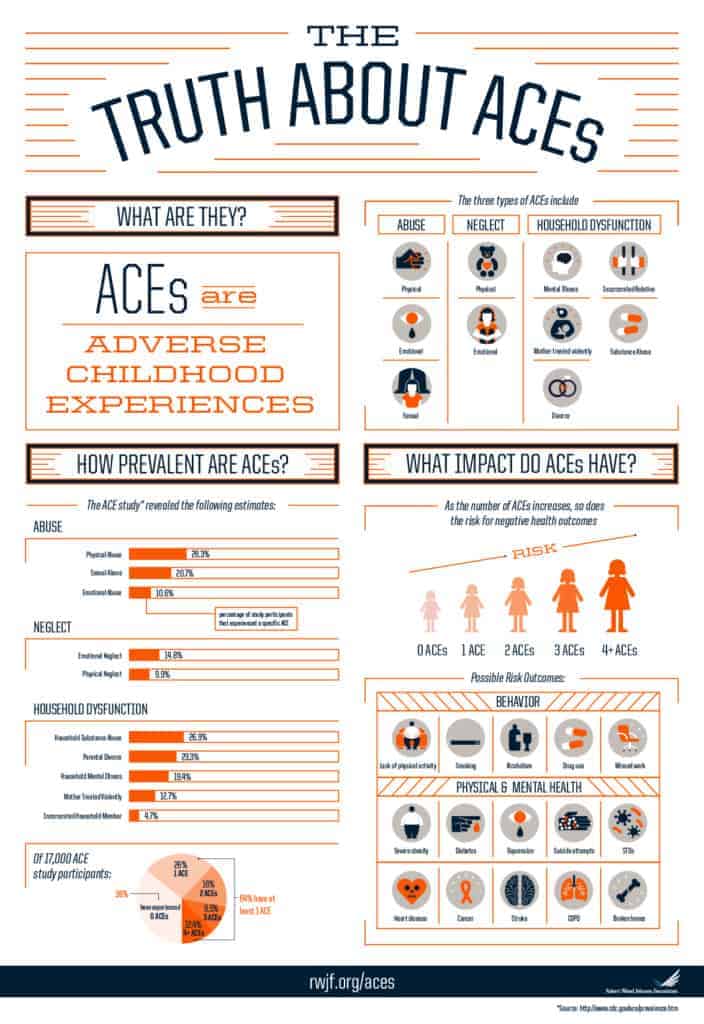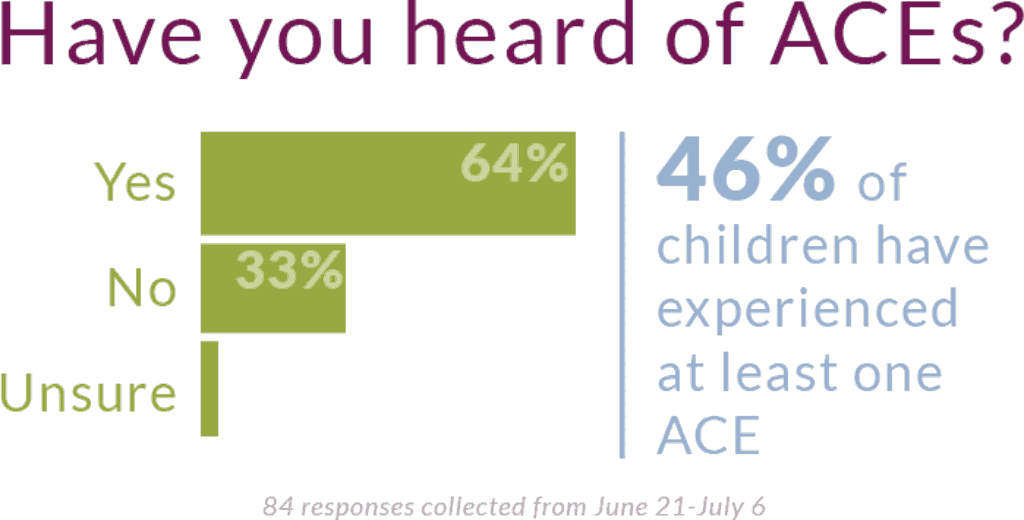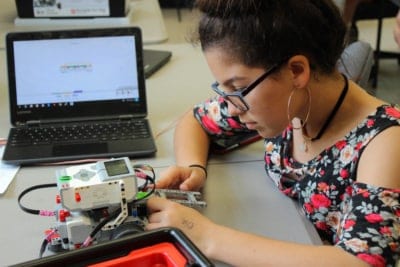

“Highly stressful experiences, like witnessing violence and the separation of children from loving parents, can disrupt children’s brain architecture and affect their short- and long-term health by causing an extreme stress response,” wrote Dr. Julie Linton of Wake Forest Baptist Medical Center earlier this month in a guest column for the Winston-Salem Journal.
Dr. Linton is describing the physical effects of adverse childhood experiences (ACEs). In our June 28 Reach Roundup newsletter, we posed our Question of the Week: Have you heard of ACEs before?
Response options included: yes, no, or unsure. Here’s the breakdown of how participants answered our question and some of the comments we received:


“There are not just physical and mental effects of ACEs (anxiety, depression, heart disease, obesity, even cancers), but also socioeconomic. There is mention of ACEs in Hillbilly Elegy: people with ACEs are more likely underperform in school, less likely to go to college, more likely to suffer relationship instability as adults and pass on the behavior to their children, etc.”
-Andrew from Rocky Mount, NC
“In our childhood psychology classes they used children who were adopted outside of the US as an example of this. These children missed out on being held, that one to one contact and attention. As a result, many children who were adopted by loving families and couldn’t deal with the child’s psychological needs. There was a disattachment or ACES and their needs were great. I fear we created over 5,000 new cases due to taking this ‘hard line’ that now has lasting effects.”
-Tracy from Jacksonville, NC
“Everyone should know their ACE score. It’s not an excuse for poor choices, but a definition of what has shaped us. We can use our ACE score to forgive ourselves, seek resilience-building help and then advocate at every level to prevent ACEs in children and support families dealing with toxic stress.”
-Jennifer from Charlotte, NC
Interested in participating in Reach NC Voices? You can sign up below to share your thoughts on our weekly questions. We’d love to hear from you!


